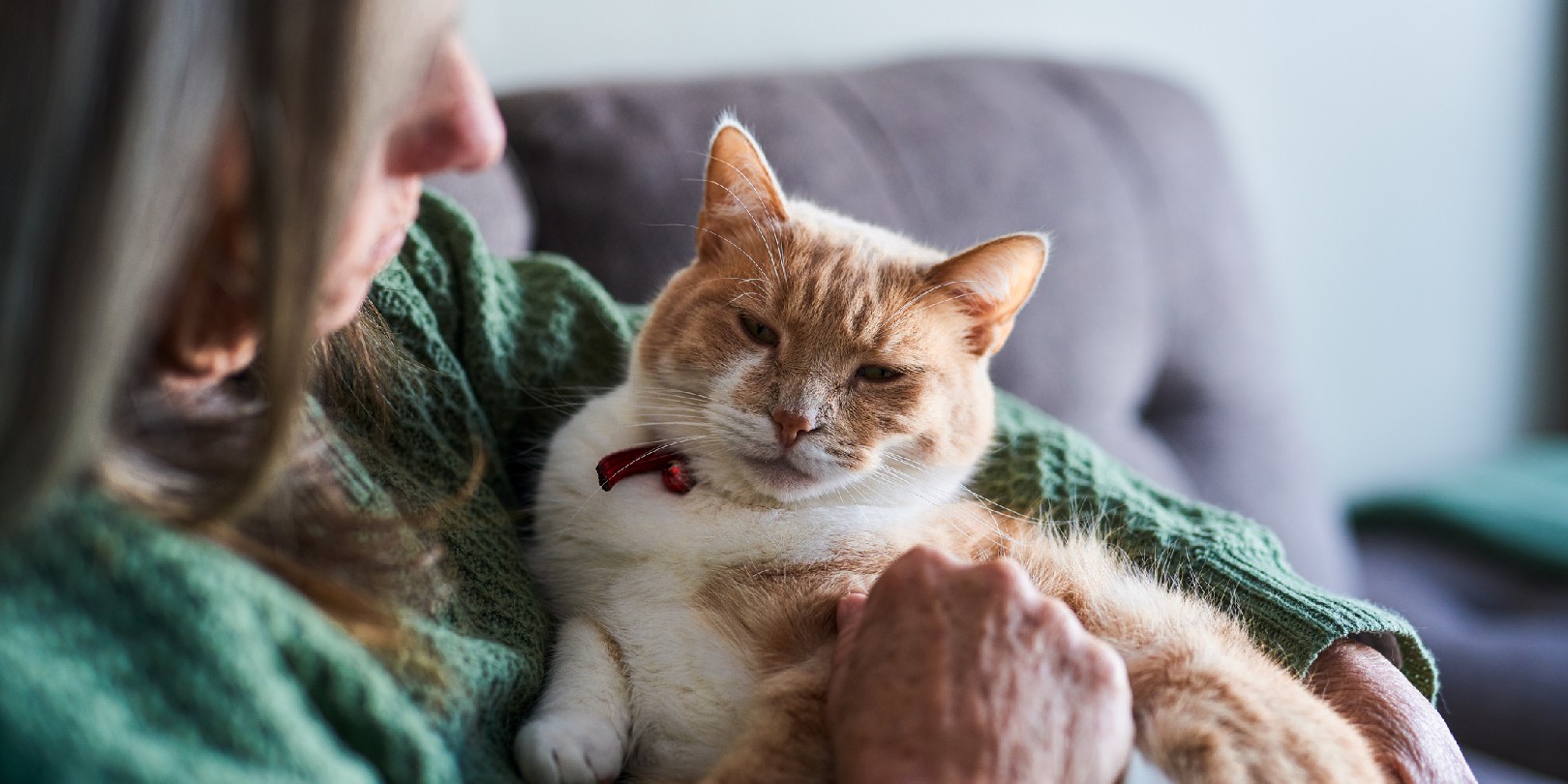5 Common Reasons Your Cat Is Not Eating

As a cat owner, it can be concerning when your feline friend refuses to eat. Cats are known to be finicky eaters, it doesn’t matter if their main diet consists of wet or dry cat food. A sudden loss of appetite, however, can be a sign of an underlying issue.
If your cat is not eating, it’s essential to investigate the possible reasons and take appropriate action. In this post, we will explore five common reasons your cat may not be eating, from stress and anxiety to dental problems. We will also share some suggestions on how to address these potential issues to help your feline friend enjoy their food again.
1. Health Issues
One of the primary reasons why cats may stop eating is due to underlying health issues. Cats can suffer from various health conditions that can affect their appetites, such as dental problems, gastrointestinal issues, kidney disease, liver disease, infections, or even cancer. If your cat has suddenly lost their appetite or has been refusing to eat for more than a day, it’s essential to consult your veterinarian for a proper diagnosis and treatment.
2. Stress or Anxiety
Stress and anxiety can also affect a cat’s appetite. Cats are sensitive creatures, so changes in their environment, routine, or even the addition of a new pet or family member can cause stress and lead to a loss of appetite. If you suspect that your cat is stressed or anxious, try to identify and eliminate any potential stressors. Provide a calm and familiar environment, and consider using pheromone diffusers or calming supplements under the guidance of your veterinarian to help reduce stress and anxiety.
3. Recent Vaccinations or Medications
Some vaccinations or medications can cause temporary loss of appetite in cats. If your cat has recently received any vaccinations or started a new medication, it’s possible that it may affect its appetite. Monitor your cat closely and consult with your veterinarian if the loss of appetite persists beyond a day or two.
4. Food Preferences
Cats are known to have specific food preferences, so changes in their diet or food type may result in a loss of appetite. If you have recently switched your cat’s food or made any changes to its diet, your cat may be refusing to eat due to a dislike of the new food. Try gradually transitioning your cat to the new food by mixing it with its previous food and monitoring its response. If your cat continues to refuse to eat, consult your veterinarian for dietary recommendations.
5. Dental Problems
Dental issues, such as gum disease, tooth decay, or painful teeth, can also cause cats to stop eating. Cats may avoid eating if they experience pain or discomfort while chewing. Check your cat’s mouth for signs of dental issues, such as red or swollen gums, bad breath, or loose or broken teeth. If you suspect dental problems, consult your veterinarian for proper dental care and dietary recommendations.
Final Note!
There can be several reasons why your cat may not be eating, including health issues, stress, recent vaccinations or medications, food preferences, to dental problems. If your feline friend is experiencing a loss of appetite, it’s essential to investigate the possible causes and take appropriate action. This can include consulting your veterinarian for proper diagnosis and treatment, especially if disinterest in eating is prolonged. Your cat’s health and well-being should always be a top priority, and early intervention can help prevent further complications and get it back to feeling its best!
Your Pet’s Best Interest, Always
At Pet Institute, we take pet care seriously. We're dedicated to transparency, impartiality, and the well-being of your pets in every article, review, and recommendation we provide. Our unwavering commitment to these principles ensures that you, our valued reader, always receive reliable and unbiased information. Let us be your trusted guide in the world of pet care and companionship.